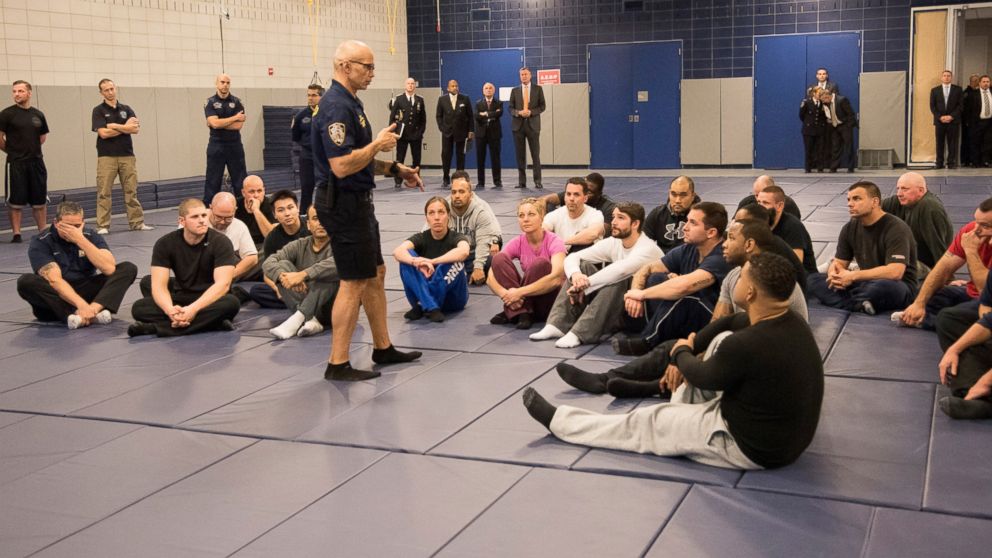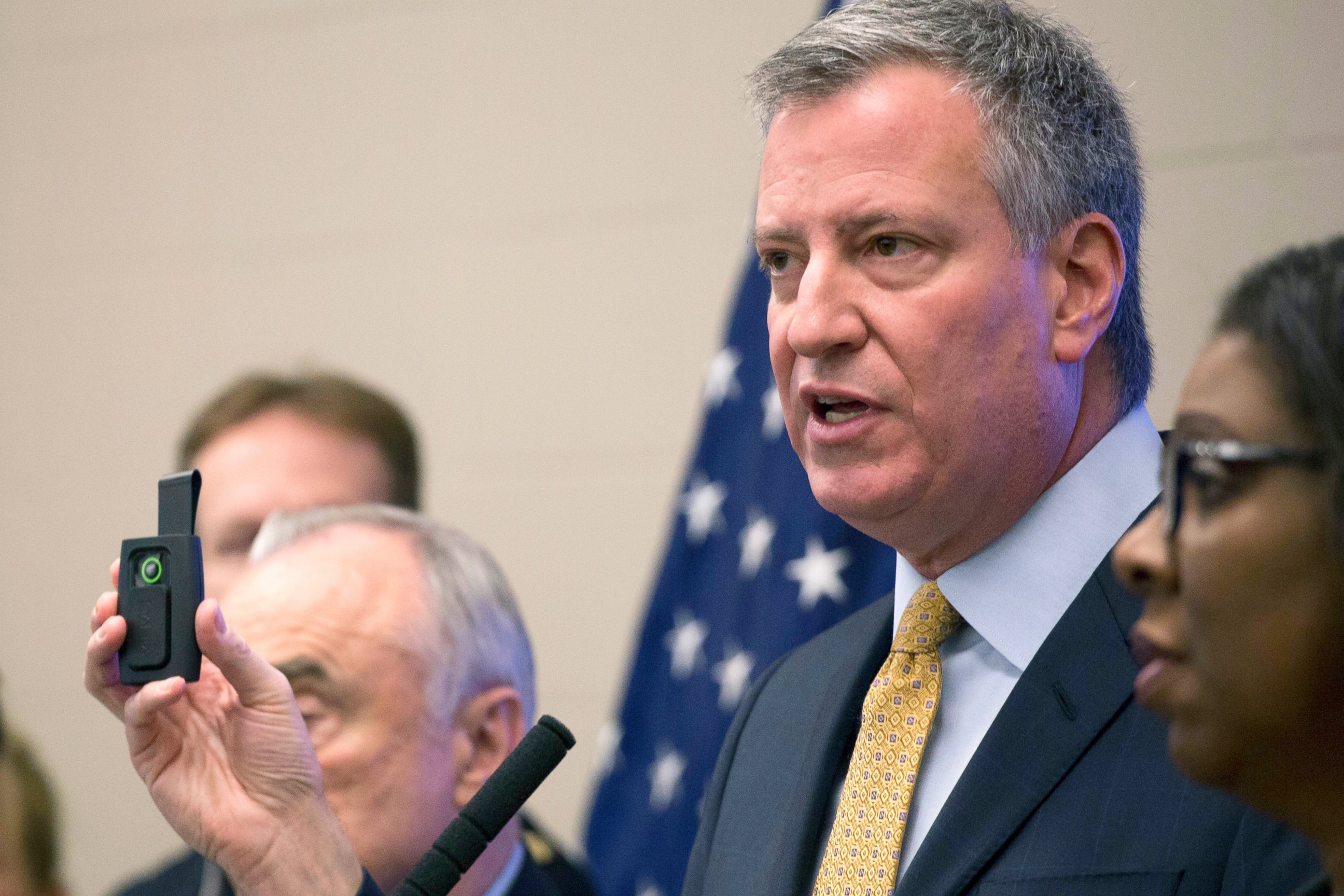NYPD Retraining on Use of Force Seen as 'Huge' Job
Three-day course announced to help decrease use of force.

— -- Experts in training police said today that it will be difficult for New York City to change the habits of its police officers with just three days of retraining on the use of force.
New York Mayor Bill de Blasio and Police Commissioner William Bratton announced last week that 22,000 officers would undergo the retraining session. The announcement came as protests roiled the city over a grand jury's decision to clear an officer in the killing of Eric Garner, a Staten Island man who died after being put in a choke hold during an arrest for selling loose cigarettes.
"It's very difficult to train real life in the classroom, but they're going to have to do the best they can," retired NYPD detective Joe Giacalone told ABC News.
The former detective said, "It's going to all come down to the firearms training. Discretion is something that needs to be taught."
Dr. Maki Haberfeld, chair of John Jay College's Department of Law, Police Science and Criminal Justice Administration, said the training sessions appeared to her to be more of an effort to mollify public opinion than a serious attempt to change the city's policing.
"I don't think you can un-train police officers in three days, police officers or anybody else for that matter," Haberfield said. "It's very, very problematic."

"You automatically perceive it not as professional development, but as a type of punishment," she said. "To me it's really truly just to satisfy the public."
Giacalone said the re-training will be a "huge undertaking" for the NYPD.
"If you're taking this many police officers off patrol, you're going to have to back bill them. This is going to be a very expensive thing, but in the long run it should help out," he said.
The first day of the retraining will be dedicated to the "foundations of policing" followed on the second day will emphasize "smart techniques."
Much of the second day is dedicated to communication skills, "understanding ego and abuse of authority" and language concerns. The poster from the press conference noted that "cursing at police is NOT disorderly conduct," according to the NYPD's poster on its retaining.
An overarching theme that Bratton and de Blasio tried to stress during their announcement last week was that the force hopes to build trust through respect and how they want to have better communication skills so that force is not used unnecessarily.
The training will conclude on the third day with "tactical skills." The tactical skills portion will likely receive the most scrutiny since that is when officers will be reviewing the approved ways to use force. Moves like an arm bar, bar hammer lock, rear tackle and then the aftercare of a subject were listed by the NYPD as issues that will be addressed during that time.
The training coincides with a plan to have senior officers pair with younger officers to continue their training on the job.
ABC News' Ron Claiborne contributed to this report.



